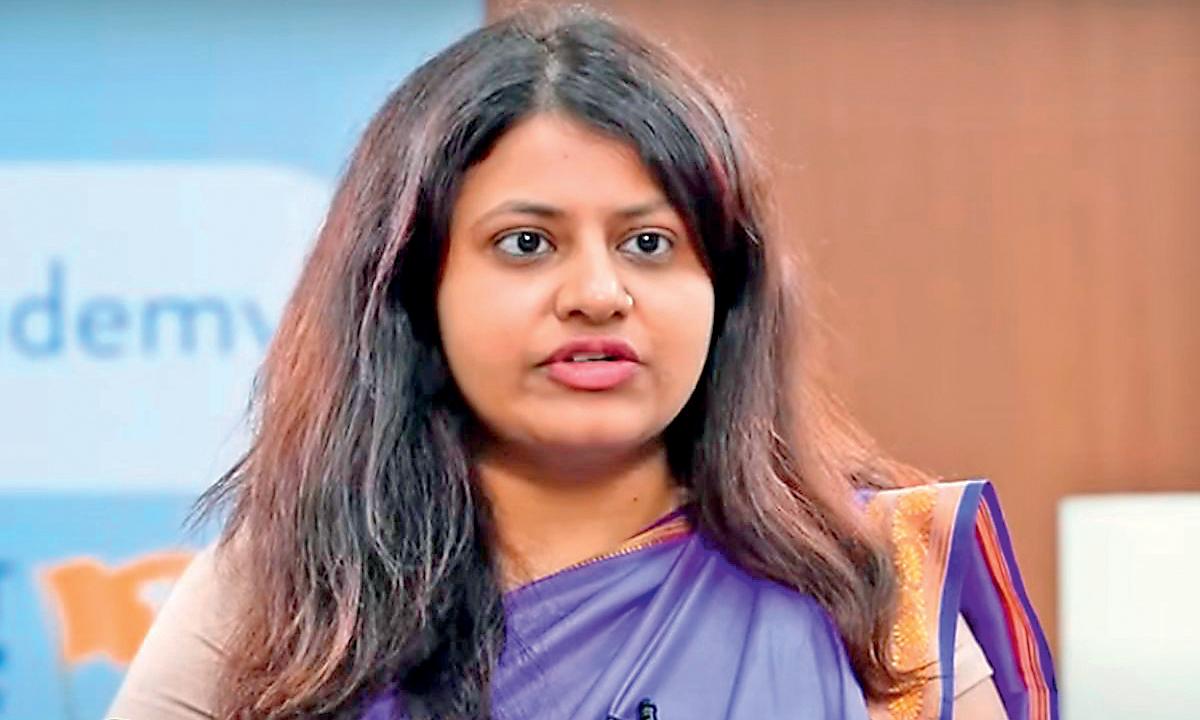
Suspended IAS officer Puja Khedkar’s discharge from service has spotlighted a larger issue within the civil services selection process. Ms Khedkar was dismissed under Rule 12 of the IAS (Probation) Rules 1954, but her case seems to have opened a can of worms. Since her removal, the UPSC has received over 30 complaints from people accusing other candidates of misrepresenting their credentials.
Sources have informed DKB that these complaints have been forwarded to the department of personnel and training (DoPT) for further investigation. If the allegations hold water, tough action is expected. A key area of concern is the misuse of the disability quota, as seen in Ms Khedkar’s case, which has prompted the government to initiate discussions on preventing such abuses. Multiple meetings are reportedly being held to address these issues.
Interestingly, several of Ms Khedkar’s batchmates at the Lal Bahadur Shastri National Academy of Administration (LBSNAA) were apparently aware of her alleged manipulation of the disability quota but chose not to report it. To avoid similar lapses in the future, both the DoPT and LBSNAA are working on new protocols to better identify and deal with such concerns early on.
On its part, the UPSC has also upgraded its systems to tackle fraudulent practices. The commission has enhanced its software to detect name changes by linking candidates’ names to their date of birth, which should help prevent fraud between attempts. These steps are a much-needed course correction for the selection process.
Tuhin Kanta Pandey steps into the spotlight in a new role
This column has previously talked about the Odisha cadre’s rise. Here’s another example. Tuhin Kanta Pandey, a senior IAS officer from the Odisha cadre (1987 batch), is India’s new finance secretary, stepping into a pivotal role following the elevation of Dr. T.V. Somanathan to Cabinet secretary.
Mr Pandey brings a wealth of expertise, having previously led the department of investment and public asset management (Dipam). Under his leadership, Dipam successfully managed high-profile divestments, including the historic sale of Air India, demonstrating his ability to manage complex government undertakings. He is the longest-serving secretary in charge of Dipam, indicating the trust he enjoys among his political masters.
Mr Pandey’s portfolio, which also included the position of secretary of the department of public enterprises (DPE), provides him with a unique perspective on managing public sector firms and implementing privatization policies. Observers expect this knowledge to shape Mr Pandey’s tenure as finance secretary, particularly given the government’s continued emphasis on disinvestment, fiscal prudence, and structural reforms.
Looking ahead, we may anticipate Mr Pandey to continue driving Mr Modi’s privatisation agenda, potentially expanding it to new areas. With his track record, Mr Pandey is also likely to push for more efficient asset management and may simplify public-private partnerships to attract foreign and domestic investments. His experience leading Dipam through one of India’s most critical privatisation phases implies a proactive, reformist approach that could prove advantageous as the government faces financial challenges and seeks to boost economic growth.
Mr Pandey’s tenure may also see a greater emphasis on balancing fiscal consolidation with growth-oriented measures, especially as India navigates global economic uncertainties.
Media maverick with bureaucratic ties
Purva Misra’s move to NDTV as chief people officer is certainly one to watch. After an impressive 11-year run as CHRO at India Today Group and COO of India Today Media Institute, she’s bringing a wealth of experience to her new role. Her expertise in managing people and navigating the complex media landscape makes her a great fit for NDTV, which has been seeing a lot of changes recently.
What adds a unique dimension to Purva’s profile is her strong family connections. As the daughter of Nripendra Misra, former principal secretary to PM Narendra Modi and the chair of the Ram Temple construction committee, Purva comes from a family deeply embedded in key areas of governance and policy. Her father is known for being one of Mr Modi’s most trusted aides, and that’s no small feat. Add to that her husband, Shyamal Misra, a 1996-batch IAS officer currently serving as additional secretary in the ministry of home affairs, and you’ve got a family that’s well-connected across multiple layers of government.
While Purva has clearly carved out her niche in the corporate world, her family’s political clout adds an interesting layer to her professional journey. Her shift to NDTV is bound to be significant, and it’ll be exciting to see how her leadership influences the network moving forward.
